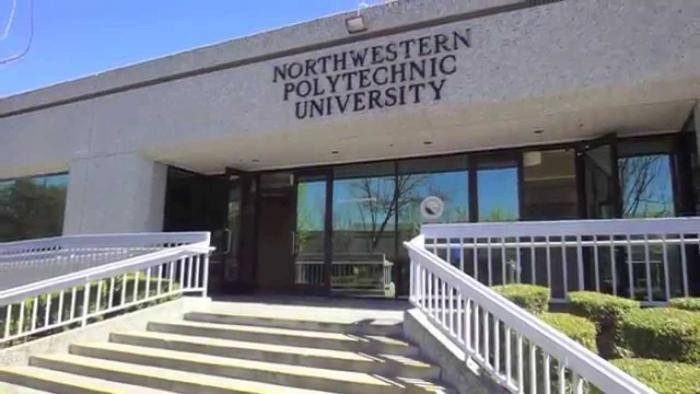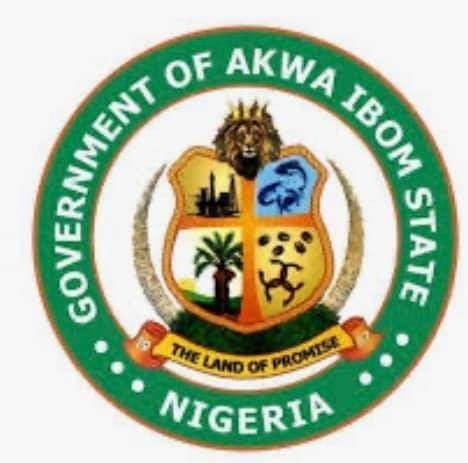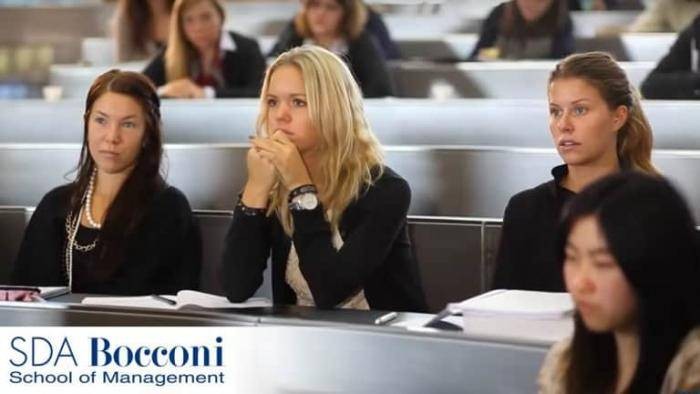
Grants are awarded to universities in sub-Saharan Africa for projects ranging from six months to two years. The purpose of the funding is to strengthen relationships between academia and industry. To maximise the impact of this collaboration, universities are funded to undertake bilateral secondments with local industry partners, and in turn, share their experiences with a larger number of spoke universities through a series of knowledge sharing workshops, secondments, reports and other collaborative activities.
HEP SSA aims to ensure that the higher education system in sub-Saharan Africa produces engineers with the skills and knowledge required to meet the needs of industry, tackle local challenges, and address the engineering skills shortage in sub-Saharan Africa.
About Royal Academy of Engineering

Higher Education Partnerships in Sub-Saharan Africa (HEP SSA)
| Application Deadline | 06 Sep 2022 |
| Type | Entrepreneurs |
| Sponsor | Royal Academy of Engineering |
| Gender | Men and Women |
Aim and Benefits of Higher Education Partnerships in Sub-Saharan Africa (HEP SSA)
As part of the 22/24 Higher Education Partnerships in sub-Saharan Africa call, grants of £100k will be awarded to universities in sub-Saharan Africa for two-year projects. The focus of these projects will be on building partnerships with industry in order to enhance engineering curricula and strengthen institutional research and innovation capacity.
The projects will be implemented through a ‘hub and spoke’ model. In this model, the hub universities will lead the project, facilitating bilateral secondments with local industry partners, and coordinating knowledge sharing workshops, reports, curriculum review and research projects with a large number of spoke universities, as well as with industry and UK partners.
Requirements for Higher Education Partnerships in Sub-Saharan Africa (HEP SSA) Qualification
What are eligible costs? • The funding should be used to fund knowledge-sharing workshops; bilateral secondments between local industry and academia; training fees; travel and accommodation; resources and materials; and host institution expenses such as temporary replacement of staff or resources. This list is not exhaustive – please get in touch if you have queries on eligible costs. • No more than £10,000 of the total project may be utilised on consumables and equipment costs. Consumables include equipment, computer software licences or publication costs. • This programme also offers support for travel, subsistence and salary support costs related to conducting visits and exchanges in support of collaborative activities among industry and academic partners. Costs for travel and subsistence will be reviewed at application stage and throughout the project and looked at alongside previous projects from the same country for comparison. Please note, the Academy will query costs if deemed unreasonable. • Up to a maximum of 20% of the award (£20,000) can be used on project-specific staff salaries. You must demonstrate how you will fund these costs beyond the grant duration or show that they are only temporary roles needed to carry out short-term specific grant activities.
What are ineligible costs? • Activities that have already been funded by a previous Academy grant. • Activities that are not Official Development Assistance (ODA) eligible and do not meet the grant objectives. • Per diem expenditure.
Eligibility criteria • The proposed project should clearly align with the overall aims and objectives of the scheme. However, original ideas and local solutions are actively encouraged. • The lead applicant will be employed by a university in sub-Saharan Africa. • Applications must include a detailed budget delivered over a maximum of two years. • Project activities must run between October 2022 and August 2024. • The application must propose a means of collaboration with at least one industry partner, one UK institution and at least three spoke universities nationally or regionally. • The application must be designed to meet the ODA objectives: promote the welfare and economic development of a country or countries on the Development Assistance Committee (DAC) list of ODA recipients; address a development need; and focus on a specific challenge affecting a lower income country. For further guidance on ODA compliance, please follow this link.
Application Deadline
September 6, 2022How to Apply
- Register and create a profile via the grant system
- Read the Applicant Guidance notes – these will help you complete your online application
- Apply by 6 September, 1.00pm BST
For more details, visit the website.



